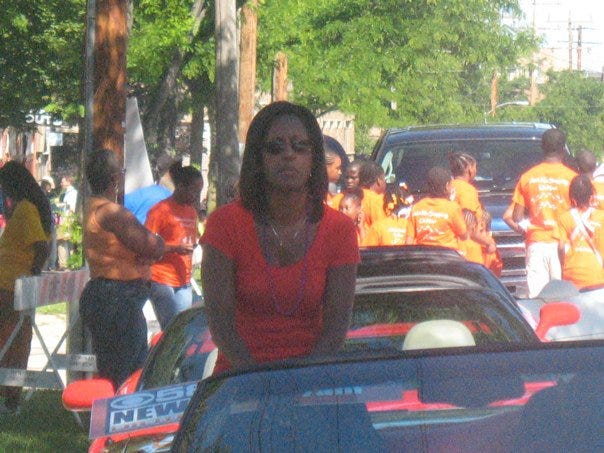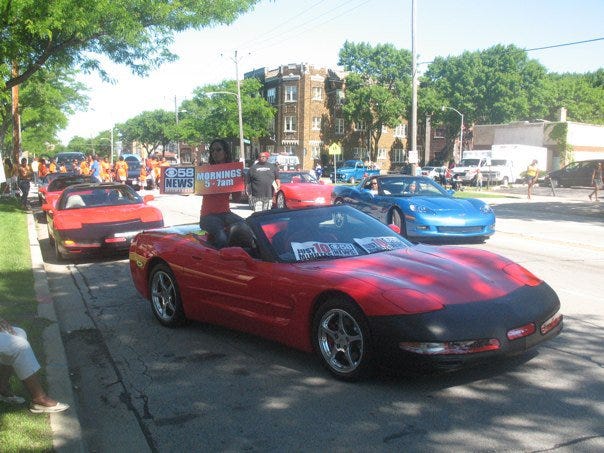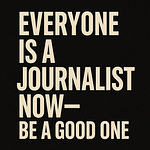There are a ton of think pieces today about the meaning of Juneteenth. And we live in a time when the U.S. State Department can officially honor a Russian holiday—Russia Day—but hesitates or outright refuses to recognize Black History Month or Juneteenth.
But today I’m not here to debate the politics. I’m simply going to share my thoughts from a personal perspective.
The new national recognition and competing ideas about how to celebrate Juneteenth are so strange to me. You see, I was raised with Juneteenth.


Milwaukee, WI, yes, that’s right, Milwaukee, has one of the longest (but not the longest, that’s LA and, of course, Texas) Juneteenth celebrations in the United States. Juneteenth has been celebrated in Milwaukee for 53 years, the entire span of my conscious memory.
So, how does one “celebrate”? Is it a celebration?
For me, it was a Black holiday with all that evokes: barbeque, music, parades, and the passing down of history through osmosis. I came to understand it was about the late liberation of African American people in Texas. And I came to understand enslavement and the long and still rocky road to freedom. Looking back, I can now see clearly how this knowledge of my history was one of the factors that helped shape me into who I am today. It was one of the pieces of the mosaic that included my family’s knowledge of their history, the Staples family, my parents communicating to me that Blackness was not less than, and that there was no shame in having been enslaved.
But there was deep shame in having been enslavers and in a country that promoted freedom while victimizing (yes, they were victims of a heinous crime) and terrorizing other human beings.
Should we celebrate? Yes, they did. I want to honor their joy at finally finding out about their freedom.
Should we be reflective? Yes, we should reflect on the fact that, according to Civil War historian Jim Downs, “at least one-quarter of the four million former slaves got sick or died between 1862 and 1870… including at least 60,000 (the actual number is probably two or three times higher, he argues) who perished in a smallpox epidemic that began in Washington and spread through the South as former slaves traveled in search of work.”
They had nowhere to go. They were in a strange land with no real allies, and the promise of 40 acres was denied or even if granted, would be rescinded when Jim Crow came on the scene. Jim Crow lasted, in every practical way, even after the Brown v. Board of Education decision, until my birth in February 1968.
Yes, we should reflect on that.
We have been “freed” multiple times in this country. And there has been a furious backlash to our freedom each time. We seem to be in another such moment now.
And yet we push on from those dear souls who were freed in a strange land with no resources. And still we rise.
So celebrate Juneteenth. Reflect on Juneteenth. But don’t forget we are still fighting for true freedom.
And if you want to make the promise of freedom real, push back against the “anti-woke” crowd, enforce civil and human rights, and help eradicate anti-Blackness. Because, as Fannie Lou Hamer said in 1971, over 106 years after that first Juneteenth:
“Nobody’s free until everybody’s free.”
We are still working on it. 160 years later.













Share this post